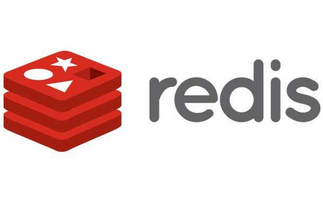Red Hat's portal is designed to help firms create, and develop more successful projects
At its user event in Nashville last week, open-source giant Red Hat wooed developers by unveiling a web-based collaboration portal and a software project to help firms automatically test server con...
To continue reading this article...
Join Computing
- Unlimited access to real-time news, analysis and opinion from the technology industry
- Receive important and breaking news in our daily newsletter
- Be the first to hear about our events and awards programmes
- Join live member only interviews with IT leaders at the ‘IT Lounge’; your chance to ask your burning tech questions and have them answered
- Access to the Computing Delta hub providing market intelligence and research
- Receive our members-only newsletter with exclusive opinion pieces from senior IT Leaders


















